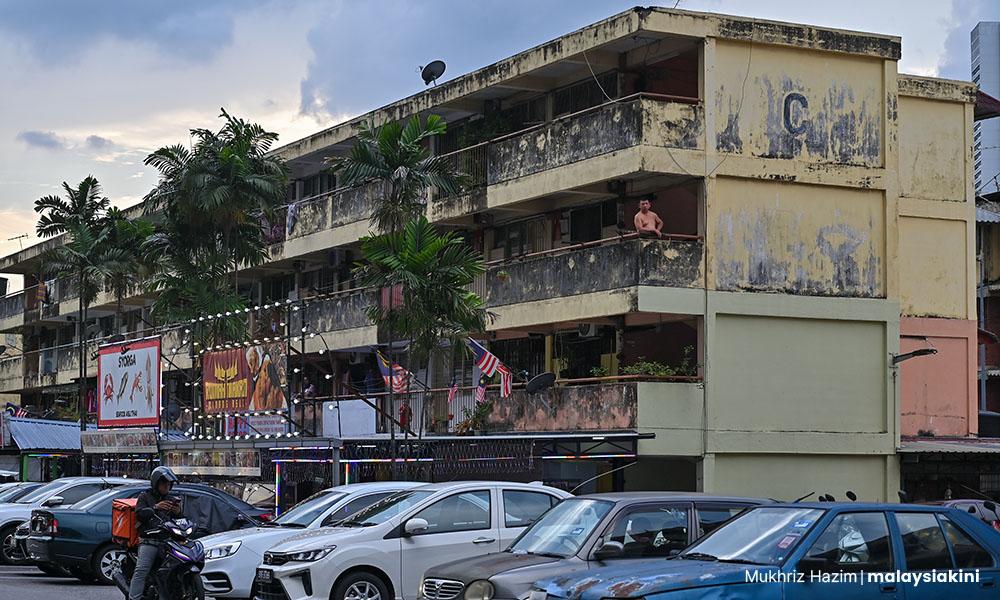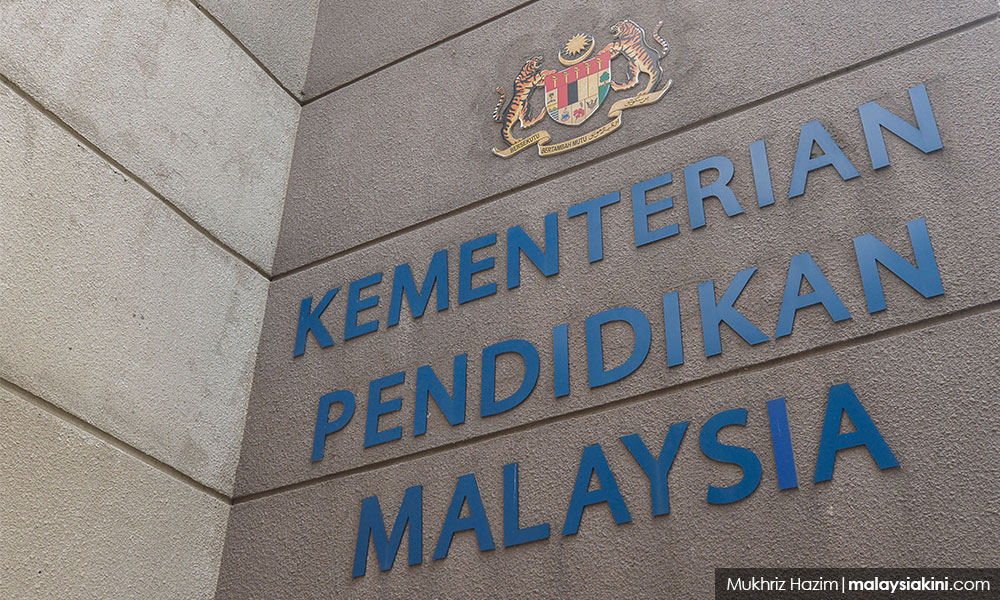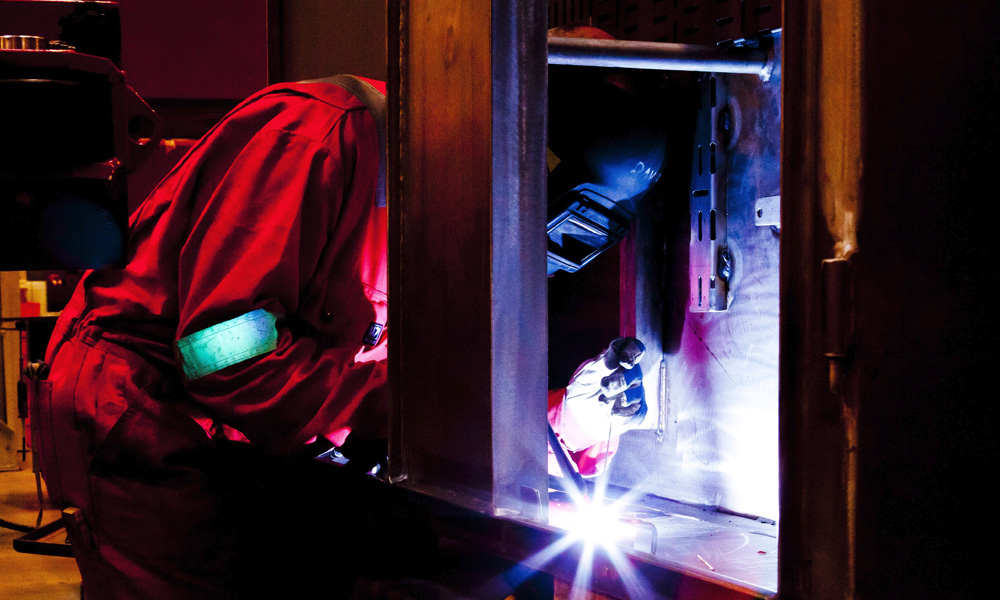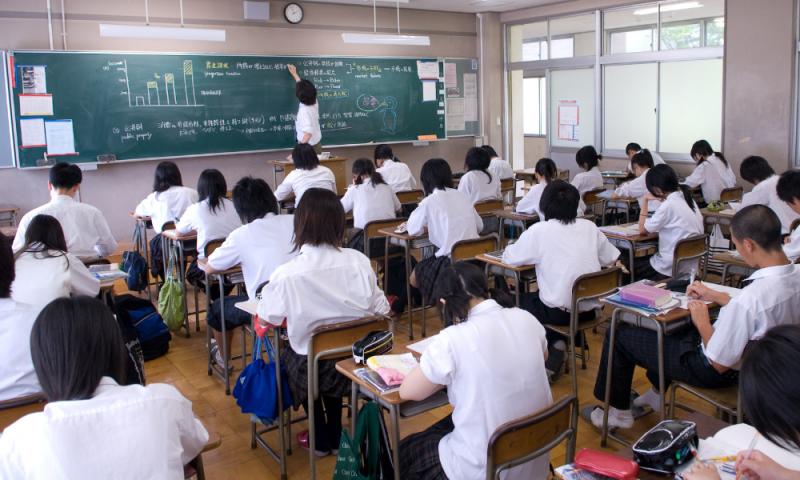LETTER | Untold stories of SPM absentees
LETTER | Two weeks ago, for the first time, I found myself admitted to the hospital due to some health issues.
Spending a week in the hospital ward was quite an unpleasant experience. However, the boredom was alleviated by conversing with other patients in the same ward.
Beside my bed, there was a tall, slender patient. I assumed he was in his early twenties. It turns out he was 17 years old and named Zainudin.
He was admitted to the hospital due to injuries to his intestines.
Having half-cooked eggs with black pepper powder for breakfast caused him discomfort in his stomach while working lifting heavy wires at a factory. I was truly impressed by his spirit to start working at a young age after completing SPM.
“Oh, I actually didn’t go to take the SPM,” Zainudin said. I then asked him why he didn’t take the exam.
“I didn’t take SPM because at that time my mother had just undergone surgery to amputate a finger due to diabetes.
“I”d rather take care of my mother than take the SPM.”
Zainudin explained that studying wasn’t his passion. Since the age of 16, he had been working as a food delivery rider to earn money and didn’t go to school. "
“How did you become a rider at the age of 16?” I asked him.
“I asked a friend who was a bit older to register as a rider. Then, I used his name. At the end of the month, I pay him a commission,” Zainudin elaborated.
Life’s hardships
Zainudin’s story revolves around the hardships of his family, which may seem ordinary but are actually extraordinary.
He lives in the People’s Housing Programme (PPR) around Kuala Lumpur with his family and grandmother. Both his parents suffer from chronic illnesses and are no longer working.

His brother, in his early thirties, has kidney problems and is wheelchair-bound. His sister only earns a salary of under RM 2,000 a month at a wire factory, where Zainudin also works.
With the family’s chronic health issues and insufficient savings, Zainudin felt that earning money was the best solution rather than continuing his studies.
“Don’t your teachers look for you when you skip school and don’t take the SPM?” I asked again.
Zainudin stated that none of his teachers cared about him or the situation he was facing.
“Now I want to work hard to continue life. If neighbours want to say I didn’t take SPM, I don’t care. As long as my work is halal,” Zainudin said passionately.
I try to understand Zainudin’s situation. In my heart, I certainly want to advise him. However, I realise that young people like Zainudin need to be given opportunities and motivation to continue their increasingly challenging lives.
“What’s important is that you serve your parents well. When you receive a salary, give it to your mother,” I shared with him. “If your boss has a chance to send you to take your skills certificate, go ahead. It can increase your salary,” I added.
Realisation only after the blow?
The future of young people like Zainudin may improve if educators feel responsible for understanding the real situation. Schools are not just standalone institutions with mere buildings.
They are institutions that need to be close to and understand the needs of the community, especially families and troubled students.
Oddly enough, the issue of students not attending SPM exams is often discussed after the results are announced. As the Malay saying goes, “sudah terhantuk baru nak sedar” (realising only after the blow).

Has the school and education department not made efforts to intervene early to track students who tend not to take the SPM?
Do all schools and teachers know about the lives of students and parents? Do educators not have data on the students? These questions confuse me about the problems that occur today.
Nearly 10,160 out of 383,685 of SPM 2023 students did not attend the examination. Although this absenteeism rate is only 2.6 percent, it will have a profound and potentially detrimental effect, possibly hindering social mobility to improve livelihoods.
Moreover, from an economic standpoint, individuals without minimum academic qualifications are forced to struggle with high competition at the lower end or a high race to the bottom, among migrant workers and university graduates.
This current situation makes it difficult for them to earn sufficient income to cover the high cost of living.
The role of parents is crucial in ensuring that their children complete basic education. We have many children of farmers, rubber tappers and garbage collectors who have succeeded in the SPM and their academics.
Parents’s commitment to emphasising the importance of education to their children is the key to their children’s s continued commitment to learning.
Second chances
Family poverty is not a reasonable excuse for children to forsake education solely to earn money.
However, with the increasingly complex economic challenges, whether we like it or not, education administrations need to care about the fate of students from needy families.
Indeed, young people are easily influenced by trends to the extent that they choose careers to become social media influencers, which are considered lucrative.
The question is, will the industry and authorities double their efforts to ensure that students understand the need for better jobs in the future?
A second chance is the most ideal offer for teenagers like Zainudin. Various programmes are available for this group to enhance their skills, especially in the technical, vocational education and training TVET sector.

The question is, do they have the motivation to complete these programmes at the end of their studies? Will the industry appreciate their skills after completing their studies?
Zainudin’s story is just one of the 10,000 students who did not attend the SPM exams in 2023. There may be many more realities more painful than this story.
If this problem is addressed more effectively, students’ ability to continue their education will undoubtedly increase.
If not, the country will lack human capital and will have to struggle with an increasingly challenging life.
The views expressed here are those of the author/contributor and do not necessarily represent the views of Malaysiakini.
RM12.50 / month
- Unlimited access to award-winning journalism
- Comment and share your opinions on all our articles
- Gift interesting stories to your friends
- Tax deductable
